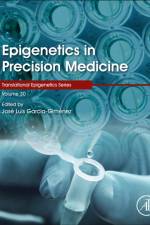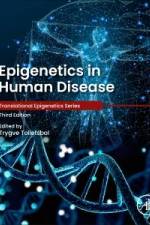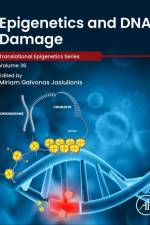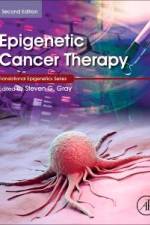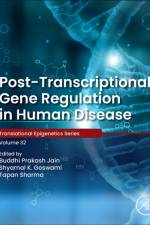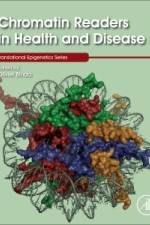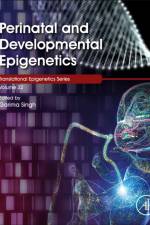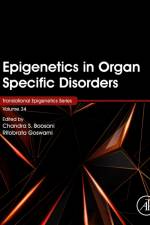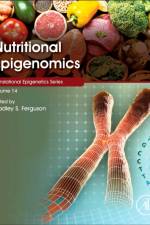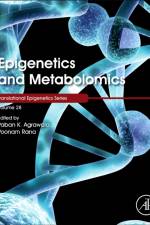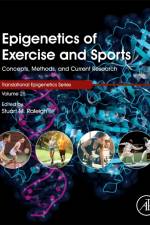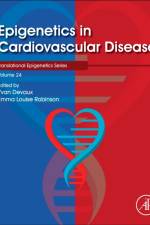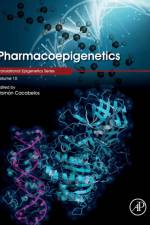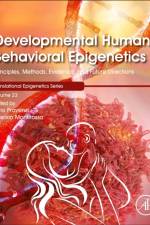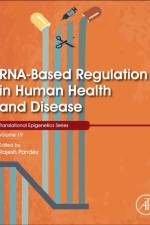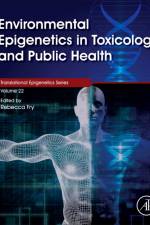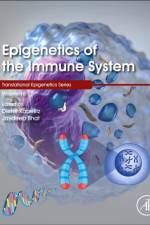av Trygve Tollefsbol & Olivier Binda
1 805
Chromatin Readers in Health and Disease, Volume 35, a new release in the Translational Epigenetics series, gathers and makes actionable our current understanding of how chromatin readers regulate access to genetic information, and how their aberrant regulation can contribute to human pathologies. Chromatin readers discussed include 14-3-3 Dinshaw, ADD, Ankyrin, BAH, BET, BIR, BRCT, bromodomains and Kac readers, chromodomains and chromobarrel readers, citrullination readers, macrodomains and poly-ADP-ribose readers, MBT, PHD and double PHD, PWWP, SUMO (H4K12) readers, Tudor and TTD, UDR and ubiquitin, WD40, YEATS (crotonyl reader), MBD, SRA, and Methyl-RNA readers. In the book, more than a dozen leaders in the field examine a range of protein readers, their relationship to human disease, and the early therapeutics that act as chromatin signaling factors to treat cancers and Huntington's disease, among other disorders.

